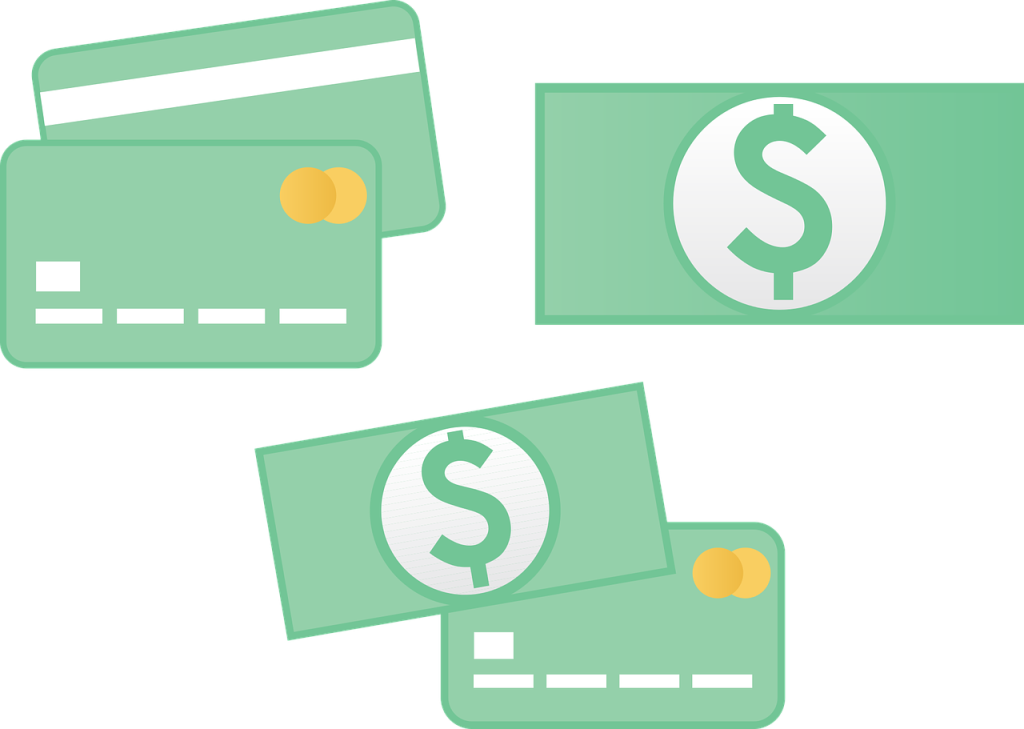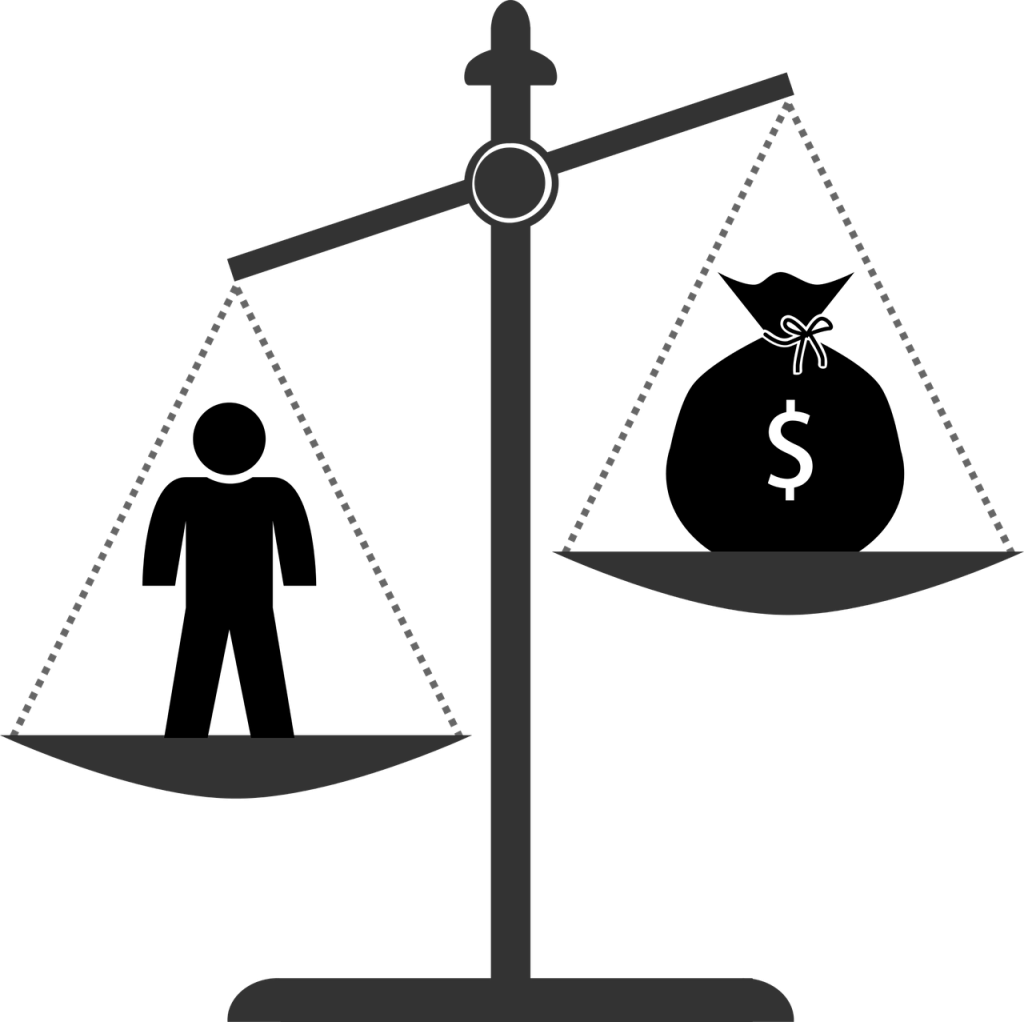Understanding Debt Relief: Strategies for Financial Freedom
In today’s world, many individuals and households find themselves burdened by debt whether from student loans, credit card debt, or medical bills. The weight of financial obligations can be overwhelming. However, there are strategies and solutions available to achieve debt relief and pave the way towards financial freedom. This article aims to provide a comprehensive understanding of debt relief by exploring various strategies that individuals can implement to regain control of their finances and ultimately achieve a debt-free life.
Debt Consolidation
One of the primary strategies for debt relief is debt consolidation. This approach involves combining multiple debts into a single loan or payment plan. Consolidation can often result in a lower overall interest rate, making it easier to manage payments and potentially reducing the total amount paid overtime. By streamlining debts into one monthly payment, individuals can regain control over their finances and simplify their financial obligations.
Debt Settlement
For those facing significant financial hardship and struggling to make ends meet, debt settlement offers an alternative path. Debt settlement involves negotiating with creditors to accept a reduced payment as full satisfaction of the debt. This negotiated settlement is typically less than the total amount owed, providing relief from overwhelming debt burdens and offering a chance for a fresh financial start. It’s important to note that debt settlement may have implications for credit scores and tax obligations, as forgiven debt may be considered taxable income.
Credit Counseling
Another valuable resource in the journey towards debt relief is credit counseling. Credit counseling agencies offer personalized guidance and education on managing finances, budgeting, and improving financial habits. Certified counselors work with individuals to assess their financial situation, develop a personalized plan, and provide ongoing support to achieve financial goals. Credit counseling can also include debt management plans (DMPs), which consolidate debts into a single monthly payment negotiated with creditors at potentially lower interest rates.
Bankruptcy
In severe cases where other options are not feasible, bankruptcy may be considered as a last resort for debt relief. Bankruptcy is a legal process that allows individuals or businesses to seek relief from debts they cannot repay. While bankruptcy provides a fresh financial start, it also has long-term consequences and should be approached with careful consideration and professional guidance.
Choosing the Right Option
Selecting the appropriate debt relief option depends on individual circumstances, including the types and amounts of debts, income level, and long-term financial goals. It’s crucial to weigh the benefits and potential consequences of each option carefully and seek advice from financial professionals or credit counselors to make informed decisions. By understanding these strategies and taking proactive steps towards financial stability, individuals can effectively navigate their way towards a debt-free future and achieve lasting financial freedom.


Understanding Credit Counseling: Your Path to Financial Wellness
In today’s challenging financial climate, individuals struggle with overwhelming debt, whether from credit cards, medical expenses, or student loans, impacting personal well-being and future plans. Amidst these challenges, credit counseling emerges as a resource—a guiding light for those navigating debt complexities and striving for financial freedom. Certified counselors specialize in compressive assessments of financial situations, reviewing credit reports, analyzing debts, and discussing income sources to create action plans.
Credit counseling emphasizes financial education, providing crucial insights on budgeting, credit management, and cultivating healthy financial habits. This guidance equips clients with the knowledge and tools to make informed financial decisions, fostering stability in the short term and security in the long term.
For those managing multiple debts, credit counseling may offer a debt management plan (DMP) that consolidates debts into a single monthly payment negotiated with creditors, potentially reducing interest rates or fees. Provided by nonprofit organizations, these services prioritize client interests, often at minimal or no cost, ensuring accessibility to individuals from diverse backgrounds striving to improve financial health.
Engaging in credit counseling is a proactive step towards reclaiming financial control, demonstrating a commitment to financial well-being, and seeking guidance to overcome financial challenges. By partnering with reputable agencies and following counselors’ advice, individuals can build confidence in managing finances responsibly and work towards achieving their long-term financial goals.
In essence, credit counseling isn’t just about managing debts—it’s about empowering individuals to establish a solid financial foundation, gain essential skills, and navigate personal finance with confidence, offering a clear path to a brighter and more secure financial future.

Exploring Debt Settlement: A Strategy for Financial Relief
In today’s economic landscape when traditional methods of debt repayment become unmanageable, debt settlement emerges as a viable strategy to negotiate with creditors and alleviate financial burdens.
Understanding Debt Settlement
Debt settlement involves negotiating with creditors to accept a lump-sum payment that is less than the total amount owed as full satisfaction of the debt. This approach is typically pursued by individuals facing significant financial hardship who are unable to meet their debt obligations through regular payments. By agreeing to a reduced payment, creditors may forgive a portion of the debt, providing immediate relief and an opportunity to start anew financially.
Process and Considerations
The process of debt settlement begins with a thorough assessment of the debtor’s financial situation. Qualified debt settlement companies or individuals work on behalf of debtors to communicate with creditors, aiming to reach a mutually agreeable settlement. Negotiations can involve discussing the financial hardship preventing full repayment and presenting a realistic proposal for debt reduction. While debt settlement offers a path to resolving debts, it’s crucial to consider its potential impact. Settled debts may reflect negatively on credit reports, affecting credit scores and future borrowing capabilities, and can be considered taxable income.
Benefits and Challenges
The primary benefit of debt settlement is its potential to significantly reduce the total amount of debt owed, offering a more manageable path to financial stability. By negotiating lower payments or forgiving fees and penalties, debt settlement provides immediate relief and avoids the lengthy process and lasting impact of bankruptcy. However, debt settlement also presents challenges. It requires a commitment to saving a lump sum for settlements, often over several months or years. Moreover, not all creditors may agree to settle debts, depending on their policies and financial circumstances.
Conclusion
Debt settlement serves as a strategic tool for individuals facing overwhelming debts and seeking a feasible solution outside of bankruptcy. It requires careful consideration of the benefits and potential drawbacks, including its impact on credit scores and tax obligations. For those navigating financial hardship, consulting with reputable debt settlement professionals or financial advisors can provide essential guidance in exploring this option and achieving long-term financial freedom. Ultimately, debt settlement offers a pathway to relieve financial burdens and regain control over personal finances, paving the way towards a brighter financial future.
